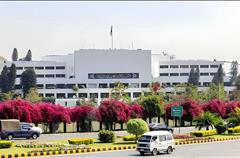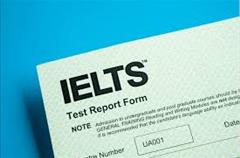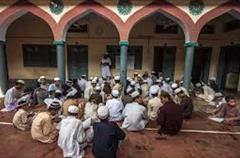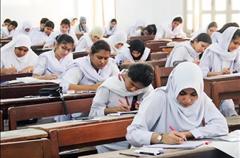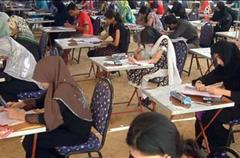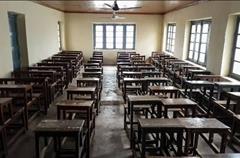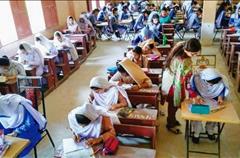Karachi, The Sindh government has decided to set up its own Higher Education Commission (HEC) as the province was empowered to do so following the 18th amendment, and its draft bill was approved to be presented before the Sindh Assembly for legislation.
These decisions were taken in a meeting presided over by Chief Minister Syed Qaim Ali Shah at the CM House.
The meeting was informed that after the passing of the 18th amendment, education had become a devolved subject, and Sindh had been assigned with the tasks of curriculum development, higher education/HEC, Dawood College of Engineering & Technology, and Sindh Madrasatul Islam College.
The meeting discussed several issues and then consistently approved constituting the Sindh HEC, of which the CM would be the controlling authority. The meeting was told that the HEC had granted 8,000 to 10,000 scholarships in the country, whereas only 800 scholarships were provided to students from Sindh. The participants of the meeting were informed that the Supreme Court of Pakistan had also directed the provinces to enact their own laws.
The education secretary presented the salient features of the proposed bill, including the composition of the commission, the procedure of meetings, the powers and functions of the commission, and the provision and utilization of funds. It was stated that the HEC was receiving its share from the Centre and Sindh was not being provided its share.
The participants of the meeting determined that after passing the bill, all expenditures of the commission and universities would be accepted by the federal government until the next National Finance Commission award.
They also decided to move a summary to the Centre for provision of funds as per the commitment made, since the federal government had stopped releasing funds.
The meeting also approved legislation of an act under article 25-A, and it was decided that free and compulsory education would be provided to all children between the ages of five and 16.
The meeting also planned to provide the management of private schools with funds so as to ensure 10 percent of the children receive free education in those institutions. It was also decided in principle to approve the proposal of the act of free education.








.gif)








